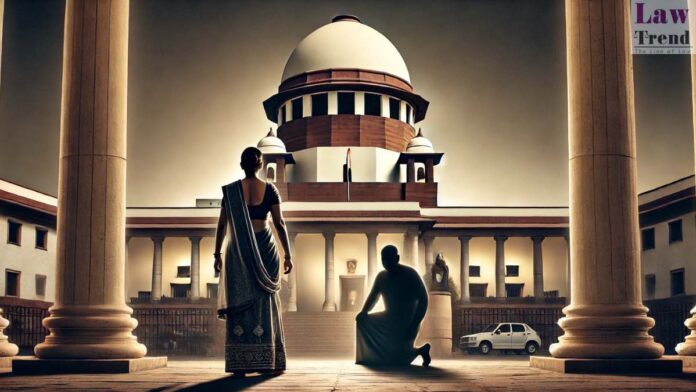In a landmark decision, the Supreme Court of India has mandated that sessions courts dealing with sexual assault cases involving women and minors must include directions for victim compensation in their judgments. The directive aims to ensure that compensation measures are implemented swiftly and effectively by the District or State Legal Services Authority.
A bench led by Justice B.V. Nagarathna and Justice Pankaj Mithal highlighted the possibility of sessions courts issuing orders for interim compensation based on the specifics of each case. This decision emerged during a hearing of a plea by Saibaj Noormohammad Shaikh against the Bombay High Court’s refusal to suspend his sentence.
Senior Advocate Sanjay Hegde, serving as amicus curiae, argued that despite existing state schemes like Maharashtra’s “Manodhairya Scheme” for support of rape and sexual offense victims, the implementation is lackluster. Hegde emphasized the additional provisions under Section 357-B of the Criminal Procedure Code (CrPC), which stipulate compensation on top of fines under Section 376-D of the Indian Penal Code (IPC).
The Supreme Court’s decision responded to the Trial Court’s failure to order victim compensation after convicting the appellant under Section 376-D of the IPC and imposing a fine. The bench criticized this oversight, stressing that it hampers the timely provision of compensation mandated under Section 357-A of the CrPC, now revised as Section 396 in the 2023 Bharatiya Nagarik Suraksha Sanhita.
Furthermore, the court has ordered that its decision be communicated to all High Courts, instructing them to pass it down to all Principal District Judges and Sessions Judges handling such cases. The court also reiterated the obligation of trial courts to consider victim compensation, specifically under the provisions of the POCSO Rules of 2012 and 2020, in cases involving minors.
In addition to the directions regarding compensation, the court ruled that the appellant, having served over half of his 20-year sentence, is entitled to bail pending an appeal before the High Court.




